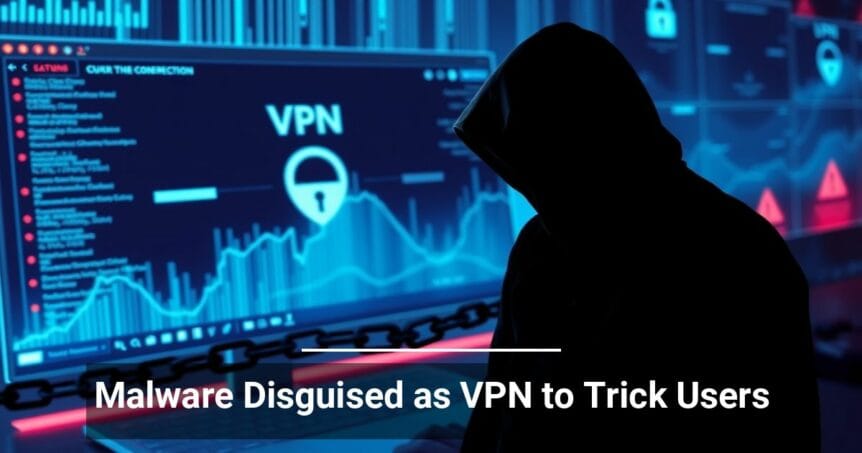Businesses must be aware of a new danger: malware disguised as trusted VPN services. Recently, cybersecurity experts have uncovered a malicious campaign posing as Palo Alto GlobalProtect, a widely respected VPN service. This malware takes advantage of the trust users place in the authentic software to infiltrate systems and steal critical data.
Once installed, this fake VPN operates covertly, making it difficult to detect. The malware installs a file named GlobalProtect.exe that mimics the legitimate software but engages in harmful activities behind the scenes. It can steal confidential information, download and upload files without permission, and execute unauthorized commands via PowerShell scripts. The advanced techniques used by this malware allow it to bypass common security measures like sandboxing and behavioral analysis, making it particularly dangerous.
Methods of Malware Distribution
Although this malware is currently targeting businesses primarily in the Middle East, it poses a global threat. One of the main ways this malware spreads is through phishing attacks. Cybercriminals send convincing emails or instant messages that trick recipients into downloading the fake VPN. By targeting specific companies, these criminals increase their chances of breaching corporate networks.
Another method used to distribute this malware is SEO poisoning and malicious advertising. Cybercriminals manipulate search engine results and create deceptive ads to lure users into downloading the fraudulent VPN. Given Palo Alto GlobalProtect’s popularity, this tactic can easily deceive individuals looking for a reliable and secure VPN service.
Preventative Measures Against VPN Malware
To safeguard your organization against threats like this disguised VPN malware, it’s crucial to invest in employee education. Every staff member should understand their role in preventing cyber threats. Regular training sessions on identifying phishing attempts, recognizing spoof emails, and spotting suspicious activities can greatly reduce the risk of falling victim to such attacks.
Identifying Phishing Attempts
Employees need to be vigilant when dealing with emails and messages. They should verify the sender’s name and email address, carefully examine the content for inconsistencies, and be wary of unsolicited attachments or links. Common signs of phishing attempts include:
- Unusual spellings
- Odd letter substitutions
- Strange variations in company names
Using link scanners can add an extra layer of protection when encountering unfamiliar URLs.
Implementing Strict Security Policies
Beyond education, implementing strict security policies is essential. Organizations should establish clear guidelines on which tools and software employees are permitted to use. Ensure that VPN services and other critical software come from trusted and vetted sources. Regularly update and patch all systems to protect against known vulnerabilities. By fostering a culture of cybersecurity awareness and adhering to rigorous protocols, businesses can effectively combat sophisticated threats like the fake VPN malware.





